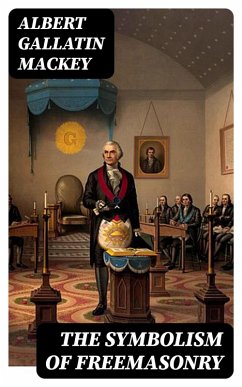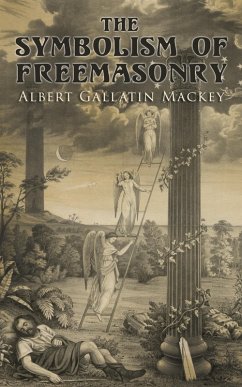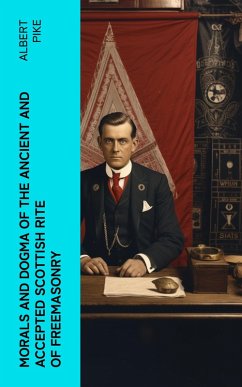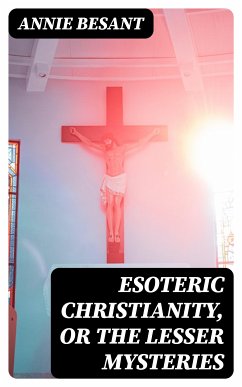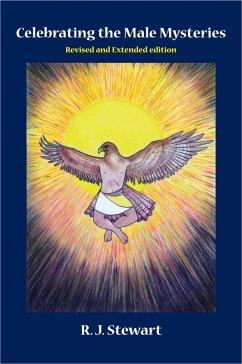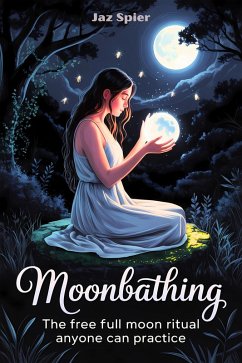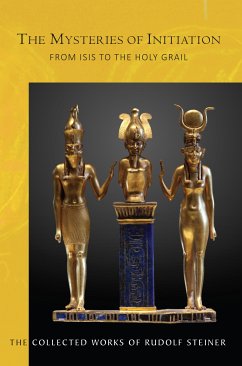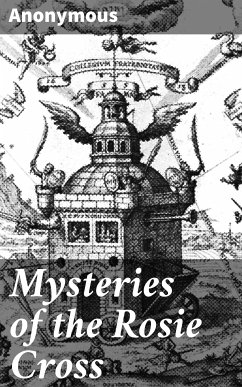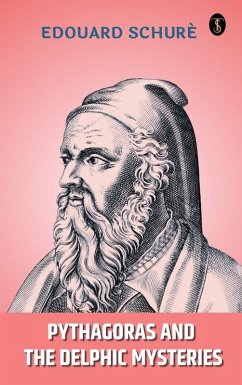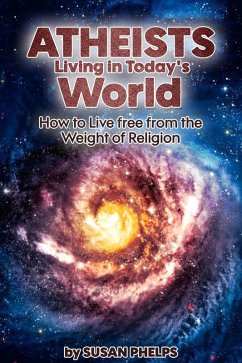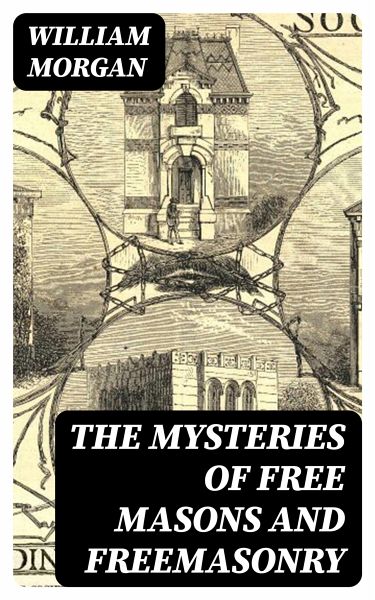
The Mysteries of Free Masons and Freemasonry (eBook, ePUB)

PAYBACK Punkte
0 °P sammeln!
In "The Mysteries of Free Masons and Freemasonry," William Morgan delves into the enigmatic world of Freemasonry, offering readers a compelling exploration of its rituals, symbols, and underlying philosophies. Written in the early 19th century, Morgan's work employs a critical and evocative literary style that intertwines narrative history with sociopolitical commentary, positioning Freemasonry within the backdrop of its time-a period rife with intrigue concerning secret societies and their influence on emerging modernity. His thorough examinations reflect not only the complexities of Masonic ...
In "The Mysteries of Free Masons and Freemasonry," William Morgan delves into the enigmatic world of Freemasonry, offering readers a compelling exploration of its rituals, symbols, and underlying philosophies. Written in the early 19th century, Morgan's work employs a critical and evocative literary style that intertwines narrative history with sociopolitical commentary, positioning Freemasonry within the backdrop of its time-a period rife with intrigue concerning secret societies and their influence on emerging modernity. His thorough examinations reflect not only the complexities of Masonic doctrines but also the cultural perceptions that surrounded them, illuminating the fears and fascinations of early American society regarding collective ideologies. William Morgan, a notable figure in the early abolition and anti-Masonic movements, found his footing in addressing the historic legacies and social implications of secretive organizations. His own tumultuous experiences, including the controversial burning of his book and subsequent disappearance, lend a tragic poignancy to his writings, making his insights not just theoretical but deeply personal and urgent. Through examining the motives and ideals of Freemasonry, Morgan also critiques the fragility of social contracts and democratic ideals in America. This book is recommended for anyone interested in understanding the intricate layers of Freemasonry and its impact on social structures. Scholars, historians, and casual readers alike will be engaged by Morgan's investigative approach, as well as the broader implications on liberty, secrecy, and communal identity in the context of 19th-century America.
Dieser Download kann aus rechtlichen Gründen nur mit Rechnungsadresse in A, B, BG, CY, CZ, D, DK, EW, E, FIN, F, GR, H, IRL, I, LT, L, LR, M, NL, PL, P, R, S, SLO, SK ausgeliefert werden.




